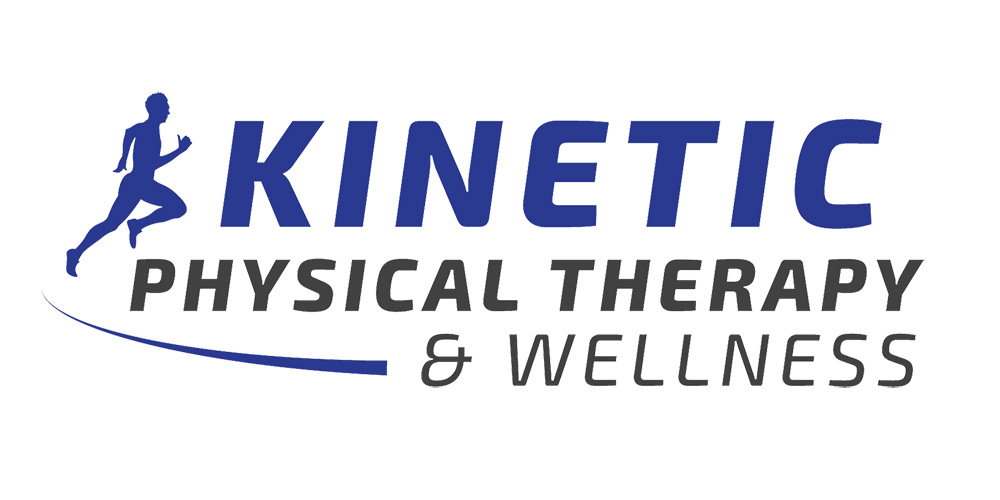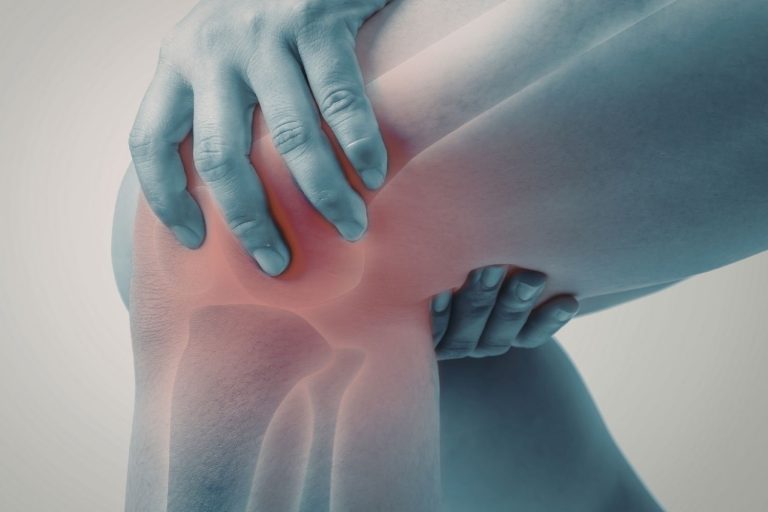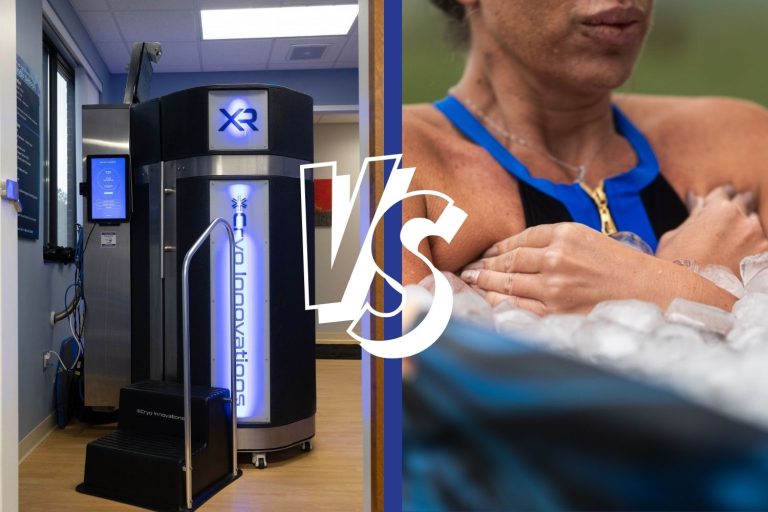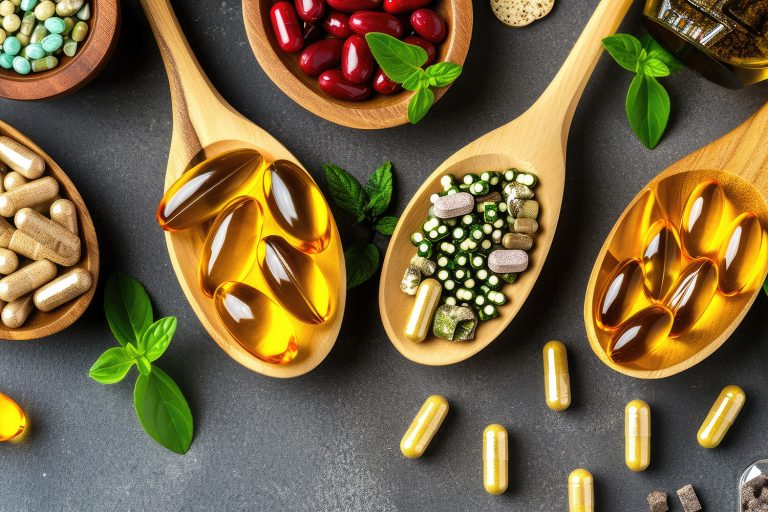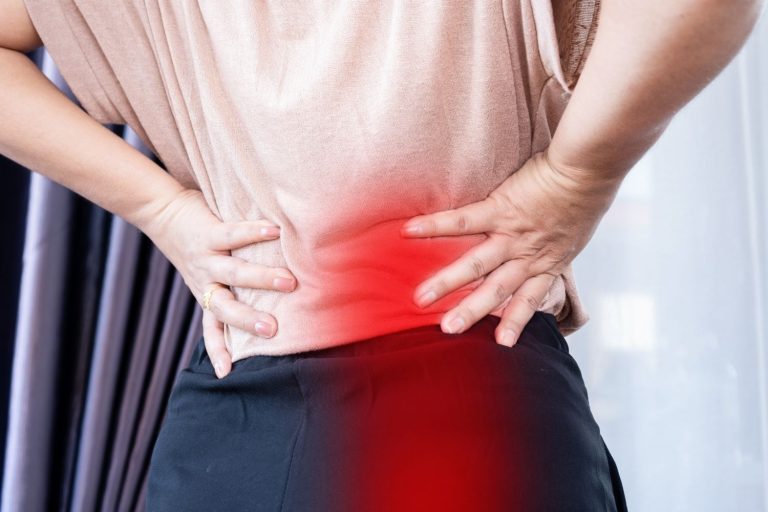

Eating Healthy For Teenagers
Are you a teen who skips breakfast? How about just eating a bag of chips for lunch? Sound familiar? Well good nutrition is especially important during teenage years. As the body is rapidly growing and changing, it is important to supply teens with adequate nutrients to support their development.
When teens skip meals, it makes it harder to perform at school (physically or mentally) as well as it slows down their metabolism, making it easier to gain weight. Evidence suggests that eating a healthy breakfast and staying adequately hydrated may help academic performance by improving cognitive function, reducing absenteeism, and boosting mood.
Tips and Habits for Eating Healthy for Teenagers
- Don’t Skip Meals – Many teens may miss meals such as breakfast, but it is important that they do not skip meals. It is recommended to always try to eat three meals a day: breakfast, lunch, and dinner. To help with this, teens can try to pack their own lunches, join in with family meals, and help with grocery shopping and meal planning. Teens can use online resources to find inspiration for varied and healthy meals.
- Eat a Variety of food – Teens should also try to incorporate 5 portions of a variety of fruits and vegetables a day, as they are a good source of minerals and vitamins.
- Snacks – If hungry between meals, teens can also try to snack responsibly by eating fruits, nuts, cottage cheese, or yogurts.
- Portions – Teens should also be aware of portion sizes. Eating too much due to large portions may contribute to obesity.
- Sleep is vital for good health, and teens should aim for 8–10 hours of sleep each night.
- Avoid Smoking
- Hydration – it is important to ensure you are consuming adequate fluids each day.
- Increase Exercise – Reduce sedentary time by increasing exercise to 1 hour or more a day.
Which Nutrients are Important?
- Iron: This helps the body grow and is vital for energy and focus, the immune system, and regulation of body temperature.
- Protein: Protein is also vital for growth as the body uses it to build and repair cells and tissues. It is a major component of the skin, muscle, bone, organs, hair, and nails.
- Calcium: This helps to build and maintain strong bones and teeth. Calcium is also necessary for brain health, muscle movement, and cardiovascular function.
- Vitamin D: This helps keep bones and teeth healthy. It also plays a role in protecting against a range of diseases and conditions.
- Potassium: This can help lower blood pressure. It is vital for regulating fluid balance and controlling the electrical activity of the heart and other muscles.
- Fiber: Fiber helps keep people regular and feel full. It is crucial for keeping the gut healthy and can reduce the risk of chronic health conditions.
Which Foods are Best to Eat
A healthy diet typically involves consuming varied, balanced, and nutrient-dense foods. It may also involve replacing foods high in sugars, salts, and unhealthy fats with fruits, vegetables, whole grains, low fat protein foods, and fat-free or low fat dairy options.
People typically split essential nutrients into micronutrients and macronutrients (protein, carbohydrates, and fats). The United States Department of Agriculture recommend that for total calories per day, teens should try to consume roughly 45–65% carbs, 25–35% fats, and 10–30% protein.
Foods to eat from these groups may include:
- Proteins – such as meat, poultry, seafood, eggs, beans, peas, soy, nuts, and seeds
- carbs – such as whole-grain bread, brown rice, fruits and vegetables, and whole-grain pasta
- fats – such as avocados, olives, nuts, seeds, eggs, fatty fish, and yogurt
A person can typically consume enough micronutrients from having a diet rich in fruits, vegetables, lean proteins, grains, and dairy.
Foods to avoid
It is not advisable for people to simply avoid particular foods, but rather decrease their intake
Try to limit the intake of:
- fast food (cheeseburgers, chicken tenders / nuggets, fries)
- processed food (canned vegetables, pies, pastries, bacon, sausage, frozen meals, biscuits)
- food with added sugars (candy, cakes, cookies, pies)
- foods containing unhealthy fat (bacon, sausage, whole milk, butter, fried food, baked goods)
- food with excessive salt (bacon, frozen / breaded meats, canned ravioli / chili, salted nuts)
Please Share
categories
Recent Posts

Eating Healthy For Teenagers
Are you a teen who skips breakfast? How about just eating a bag of chips for lunch? Sound familiar? Well good nutrition is especially important during teenage years. As the body is rapidly growing and changing, it is important to supply teens with adequate nutrients to support their development.
When teens skip meals, it makes it harder to perform at school (physically or mentally) as well as it slows down their metabolism, making it easier to gain weight. Evidence suggests that eating a healthy breakfast and staying adequately hydrated may help academic performance by improving cognitive function, reducing absenteeism, and boosting mood.
Tips and Habits for Eating Healthy for Teenagers
- Don’t Skip Meals – Many teens may miss meals such as breakfast, but it is important that they do not skip meals. It is recommended to always try to eat three meals a day: breakfast, lunch, and dinner. To help with this, teens can try to pack their own lunches, join in with family meals, and help with grocery shopping and meal planning. Teens can use online resources to find inspiration for varied and healthy meals.
- Eat a Variety of food – Teens should also try to incorporate 5 portions of a variety of fruits and vegetables a day, as they are a good source of minerals and vitamins.
- Snacks – If hungry between meals, teens can also try to snack responsibly by eating fruits, nuts, cottage cheese, or yogurts.
- Portions – Teens should also be aware of portion sizes. Eating too much due to large portions may contribute to obesity.
- Sleep is vital for good health, and teens should aim for 8–10 hours of sleep each night.
- Avoid Smoking
- Hydration – it is important to ensure you are consuming adequate fluids each day.
- Increase Exercise – Reduce sedentary time by increasing exercise to 1 hour or more a day.
Which Nutrients are Important?
- Iron: This helps the body grow and is vital for energy and focus, the immune system, and regulation of body temperature.
- Protein: Protein is also vital for growth as the body uses it to build and repair cells and tissues. It is a major component of the skin, muscle, bone, organs, hair, and nails.
- Calcium: This helps to build and maintain strong bones and teeth. Calcium is also necessary for brain health, muscle movement, and cardiovascular function.
- Vitamin D: This helps keep bones and teeth healthy. It also plays a role in protecting against a range of diseases and conditions.
- Potassium: This can help lower blood pressure. It is vital for regulating fluid balance and controlling the electrical activity of the heart and other muscles.
- Fiber: Fiber helps keep people regular and feel full. It is crucial for keeping the gut healthy and can reduce the risk of chronic health conditions.
Which Foods are Best to Eat:
A healthy diet typically involves consuming varied, balanced, and nutrient-dense foods. It may also involve replacing foods high in sugars, salts, and unhealthy fats with fruits, vegetables, whole grains, low fat protein foods, and fat-free or low fat dairy options.
People typically split essential nutrients into micronutrients and macronutrients (protein, carbohydrates, and fats). The United States Department of Agriculture recommend that for total calories per day, teens should try to consume roughly 45–65% carbs, 25–35% fats, and 10–30% protein.
Foods to eat from these groups may include:
- Proteins – such as meat, poultry, seafood, eggs, beans, peas, soy, nuts, and seeds
- carbs – such as whole-grain bread, brown rice, fruits and vegetables, and whole-grain pasta
- fats – such as avocados, olives, nuts, seeds, eggs, fatty fish, and yogurt
A person can typically consume enough micronutrients from having a diet rich in fruits, vegetables, lean proteins, grains, and dairy.
Foods to avoid:
It is not advisable for people to simply avoid particular foods, but rather decrease their intake
Try to limit the intake of:
- fast food (cheeseburgers, chicken tenders / nuggets, fries)
- processed food (canned vegetables, pies, pastries, bacon, sausage, frozen meals, biscuits)
- food with added sugars (candy, cakes, cookies, pies)
- foods containing unhealthy fat (bacon, sausage, whole milk, butter, fried food, baked goods)
- food with excessive salt (bacon, frozen / breaded meats, canned ravioli / chili, salted nuts)
Please Share
